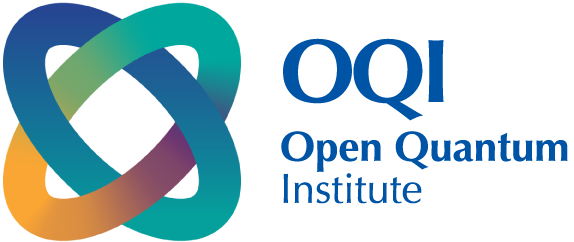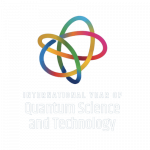Molecular Recognition from Quantum Computing
Quantum simulation within a fully integrated computational pipeline, called FreeQuantum, to simulate and quantify molecular recognition processes with increased accuracy over classical methods.
OWNER
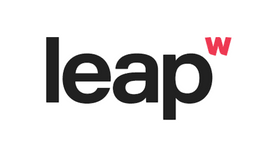
QUANTUM APPROACH
Optimisation
SDGs
CONTRIBUTORS
University of Copenhagen
Massachusetts Institute of Technology
ETH Zurich
Novo Norddisk A/S
ORIGIN OF CONTRIBUTORS



HOW COULD QUANTUM HELP:
Accurately calculating molecular interactions is essential for drug discovery but remains a significant computational challenge, especially at the interaction seam where drug and target molecules meet. FreeQuantum is a bottom-up computational pipeline to understand binding in biologically and pharmacologically relevant protein-ligand systems, and it integrates quantum computing, molecular mechanics, and machine learning to address this challenge. It treats key molecular regions as quantum cores, processed by a quantum computer, while handling the rest with varying levels of approximation. Machine learning can in turn further accelerate the workflow by training on data of different accuracy levels. The pipeline’s effectiveness was first demonstrated in the molecular recognition of a well-studied protein-ligand complex, and later applied to a ruthenium-based anti-cancer molecule interacting with its protein target. This work highlights the potential for advancing computational chemistry with quantum computing.
REFERENCES:
